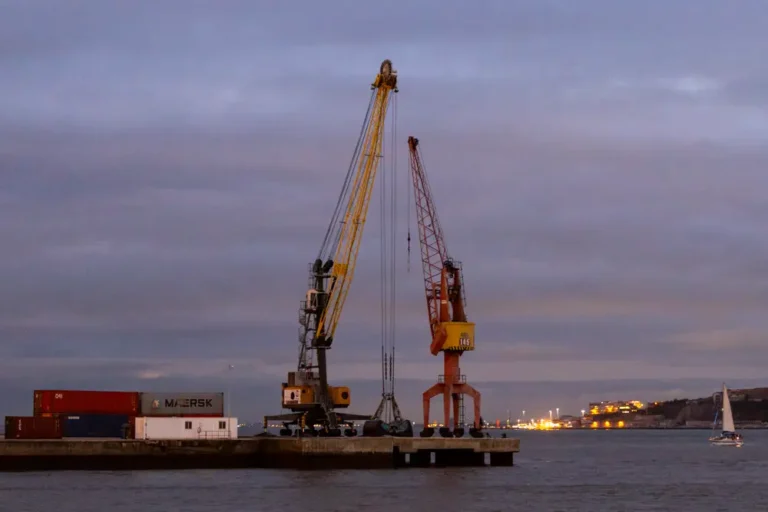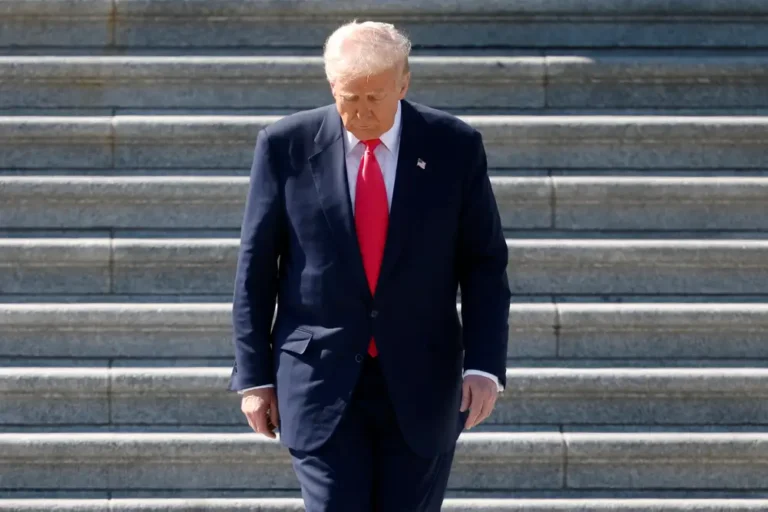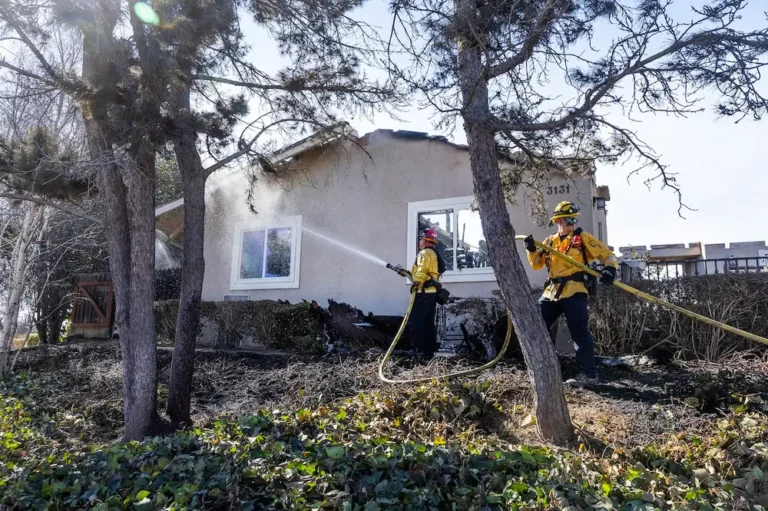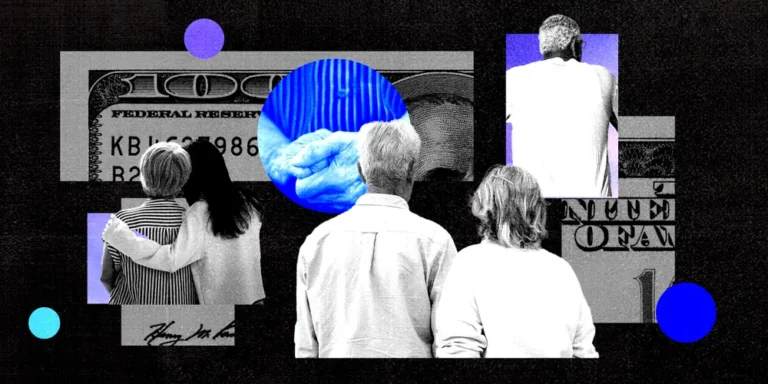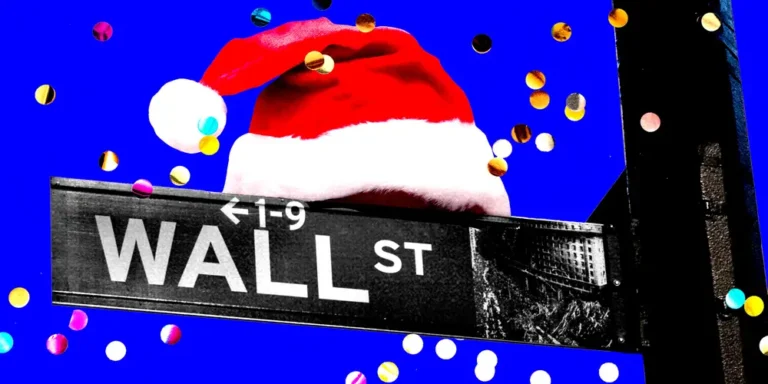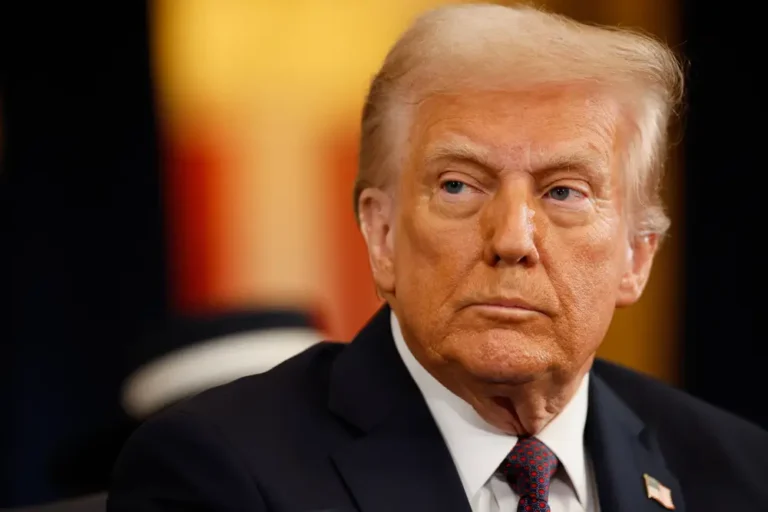An artist used his $500 monthly basic income to build his hip hop career: ‘It’s not feasible to create art in a place of distress.’
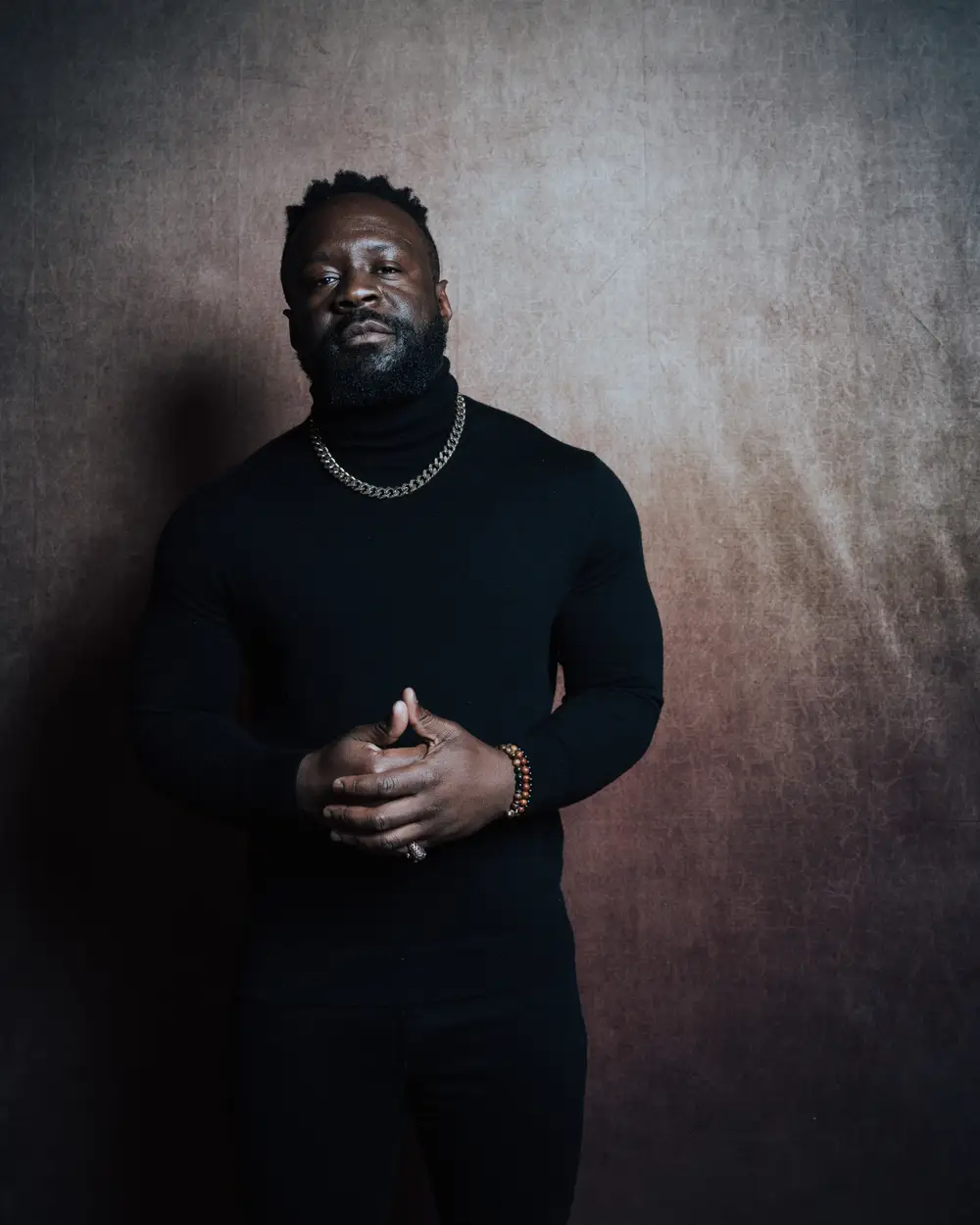
Tarli, 36, is a participant in Minnesota’s guaranteed basic income program for artists.
Tarli has been making music for most of his life, but found it increasingly difficult to afford his bills and fund his career as a performer.
“It’s not feasible to be a starving artist,” Tarli — who preferred to use his artist name — told B-17. “It’s not feasible to create art in a place of distress.”
By day, the 36-year-old works for a housing agency. By night, he’s a hip hop artist playing on stages throughout the Twin Cities. When Tarli received his first $500 check from the Springboard for the Arts guaranteed income pilot, he felt immediate relief.
Springboard for the Arts’ program gave 75 artists like Tarli monthly cash payments of $500 for 18 months, and was initially set to end in summer 2024. Eligible participants had to be artists — musicians, dancers, painters, creatives, or culture bearers — and live in the St. Paul or the rural county of Otter Tail. Participants can spend the money however they chose, no strings attached. The pilot is funded by private donors and the McKnight Foundation, a Minnesota-based foundation focused arts, culture, and science.
In September, the program announced a five-year extension. The 75 artists will continue receiving payments, and 25 more artists in Otter Tail — about 200 miles from St. Paul — will receive $500 monthly starting in 2025. All 100 participants will also have access to personal finance and housing counseling services.
Over 100 guaranteed basic income pilots that have been launched across the US as an approach to poverty reduction, some of which also focus on artists. Previous participants have told B-17 they used cash payments to pay household bills, afford essentials, pursue job training, or buy art supplies.
For Tarli, $500 a month was the boost he needed to reach “flexibility and freedom” beyond affording basics like rent and groceries.
“From my experience, when finances are iffy, the first thing that goes is your art,” he said.
Monthly cash helped Tarli invest in his music career
Tarli likens his work to performers J. Cole and Kendrick Lamar, music that has “hitting beats, but always has a message to it,” he said. He also directs a local artists collective of singers, DJs, and musicians called “The Tribe” who tour and perform together.
Still, Tarli said it’s difficult to make a steady income as an artist. Because of this, he’s continued to hold his full-time job so he can more comfortably afford rent, food, healthcare, and other essentials alongside his music career. Tarli declined to share how much he earns.
Data from the Bureau of Labor Statistics published in May 2023 found that the annual mean wage for US independent artists and performers is $66,180. The bottom 25% of these artists, however, make less than $38,000 a year — placing many near the federal poverty line.
Tarli used his monthly guaranteed basic income to invest in his hip hop career by buying a portable sound system, advertising performances, paying for studio space, compensating his collaborators, and affording lodging when his music group was touring.
He’s looking forward to going on tour again next spring. And, with the program’s extension, Tarli will continue receiving guaranteed basic income through early 2028.
“The sky is the limit for me, as far as using that money, or even saving that money up to make a larger purchase,” he said.
Participants in other guaranteed basic income programs like Springboard for the Arts often report that monthly payments helped them land higher-paying jobs and afford household expenses. However, the cash payment model is temporary, and it’s not yet clear how GBI shapes participants’ financial stability in the years after their programs end.
Tarli said he’s grateful to have a day job, but he hopes to continue transitioning his music into a more stable career. Cash payments helped him move toward that goal, he said.
“When artists ask for a decent wage, it’s needed,” Tarli said. “It’s not because they’re trying to get rich, it’s because they actually need this — not only to sustain sustain themselves — but to also reinvest in their artistry.”

